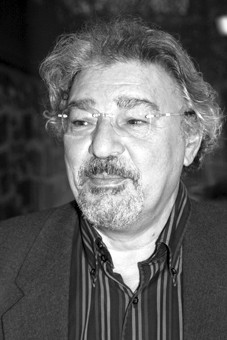News
 " />
" />"The overthrow of Western metaphysics at the turn of 1700" Conference of Dany-Robert Dufour More about >
Tuesday, April 5th, at 6:00PM
Amphitheater SIMONE WEIL
5 allée Jacques Berque, Nantes
We will try to advance some evidence to suggest that a complete reversal of Western metaphysics occurs at the turn of 1700 (that is to say between Pascal and Sade, with the benchmark date of 1704, the year of the first publication of the Mandeville’s Fable of the Bees). These are indeed the two main principles underlying this metaphysics that found themselves reversed, inverted, subverted. The first principle comes from the great monotheistic narrative from Jerusalem: before, the only possible world was based on the love of God (amor Dei), after, it appears possible based on the love of one’s self (amor sui). The second principle comes from the great story from Athens, one of the Logos. Before, the world arose on the prevalence of the noûs above the epithumiai (intelligibility on the action of impulse), after the "vice" the condition of "virtue" may be.
We will try to show that a third Western narrative has been created at the occasion of this double reversal: that of liberalism, which now dominates the world.
Dany-Robert Dufour, philosopher, Program Director at the International College of Philosophy, Professor of Educational Sciences at the University of Paris VIII.
Bibliography on the theme of the conference:
- Dufour, Dany-Robert, La Cité perverse, Denoël, Paris, 2009.
- Mandeville, Bernard de, La Fable des abeilles I et II, trad. fr. P. et L. Carrive, Vrin, 1990.
- Mandeville, Vénus la populaire ou Apologie des maisons de joie [translated in English by Mandeville] A. Moore, Londres, 1727 (fac similé).
- Pascal, Blaise, Les pensées in Œuvres complètes, éd. Louis Lafuma, Seuil, Paris, 1963.
- Platon, La République, disponible sur Internet.
- Rohou, Jean, Le XVIIe siècle, une révolution de la condition humaine, Seuil, Paris 2002.
- Sade, Donatien Alphonse François de, known as the "Marquis de Sade. " His books are available on the Internet, including on-www.sade ecrivain.com.

